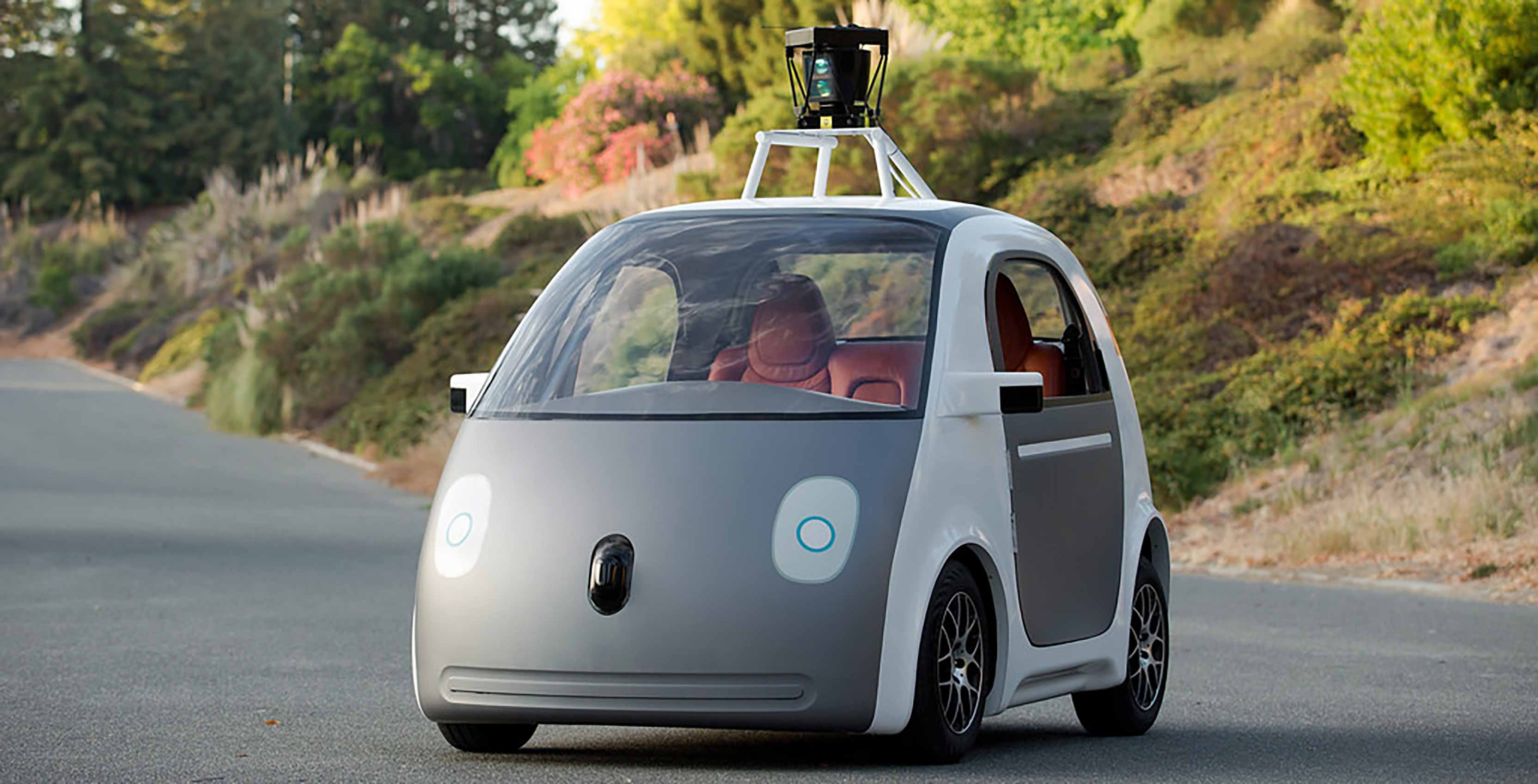
The introduction of self-driving cars may lead to significantly reduced traffic flow, according to an experiment conducted by the University of Illinois.
In their testing, faculty researchers programmed a vehicle to autonomously continue to drive in a loop on a track in Tucson, Arizona. Twenty human-operated vehicles were later added to the test area.
By the end of their tests, the team found that fuel consumption and overall traffic went down by 40 percent.
“Our experiments show that with as few as five percent of vehicles being automated and carefully controlled, we can eliminate stop-and-go waves caused by human driving behaviour,” said Daniel Work, a lead researcher in the study, told Phys.org.
The report says that future experiments would need to test human and artificial intelligence drivers in settings where more complex maneuvers like lane changing are required.
“Fully autonomous vehicles in common traffic may be still far away in the future due to many technological, market and policy constraints,” added Benedetto Piccoli, one of the principal investigators in the study. “However, increased communication among vehicles and increased levels of autonomy in human-driven vehicles is in the near future.”
For now though, the research indicates that even current technology such as adaptive cruise control can help to improve traffic.
Many tech companies are currently looking into self-driving vehicles, such as Samsung, Apple and Tesla.
Image credit: Flickr – smoothgroover22
Source: Phys.org
Via: Engadget
MobileSyrup may earn a commission from purchases made via our links, which helps fund the journalism we provide free on our website. These links do not influence our editorial content. Support us here.


